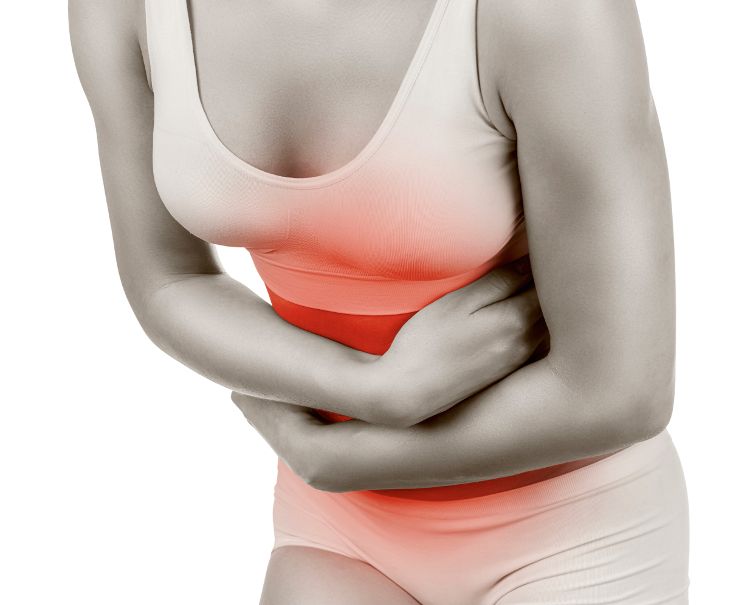Study finds that proprietary ginger extract from DolCas Biotech may alleviate menstrual discomfort
Results showed that the extract significantly reduced the severity of pain and frequency of certain symptoms.
Photo © iStockphoto.com/Artem_Furman

A recent study1 found that a high-potency ginger extract, Ginfort from DolCas Biotech (Landing, NJ), may significantly lessen pain symptoms associated with menstruation. In the study, published in the Journal of Complementary and Alternative Medicine, 50 female subjects between the ages of 18 and 35 years with primary dysmenorrhea were randomized to take either Ginfort or placebo daily for 56 days. The primary endpoint was the change in maximum dysmenorrheic pain Visual Analogue Score (VAS) score measured over two menstrual cycles and secondary endpoints included verbal multidimensional scoring system (VMS), as well as the evaluation of symptoms reported during menstruation, rescue medication consumption, and subject’s overall satisfaction.
Results showed that subjects taking the ginger extract saw a significant reduction maximum pain intensity compared to placebo, as well as statistically significant improvements in dysmenorrhic pain based on VMS grade. With regard to specific symptoms, the group taking the ginger extract saw a significant reduction in the frequency of low back pain, fatigue, and nausea, and none have to resort to rescue medication to treat symptoms. On subjects’ overall satisfaction, those taking the ginger extract reported satisfaction in their treatments, while subjects in the placebo group were either not satisfied or moderated satisfied.
According to the researchers, while the primary cause of dysmenorrhea is not clear, the main pathophysiologic features of the condition are uterine thickening and acute uterine contractions caused by excessive prostaglandin (PG) secretion, particularly PGE2 and PGF3 as well as Leukotrienes. They explain that the active components of ginger, namely gingerols and gingerdiones, suppress PG production by inhibiting cyclooxygenase activity and leukotriene production by inhibiting lipoxygenase enzymes.
“The nutraceuticals sector is now actively showing interest in addressing women’s health, particularly menstrual stress which affects many women in the prime of their lives,” said Shavon Jackson-Michel, ND, director of Medical and Scientific Affairs for DolCas Biotech, LLC, in a press release. “For many in this demographic, PMS has not been satisfactorily addressed in the botanical space. There is still a need for safe and effective alternative therapies.”
Reference
- Nirvanashetty, S.; Panda, S.K.; Michel, S.J. High Potency Ginger Extract Reduces Menstrual Discomfort in Healthy Participants with Recurrent Dysmenorrhea Linked to Hypercontractility of the Uterus: a Randomized, Double-Blind, Placebo-Controlled Trial. J Comp & Alt Med, 2023, 5 (1): 594-601. DOI: 10.32474/OAJCAM.2023.05.000203










